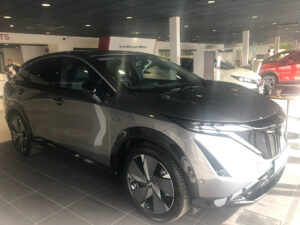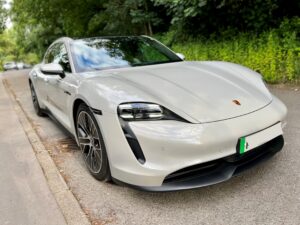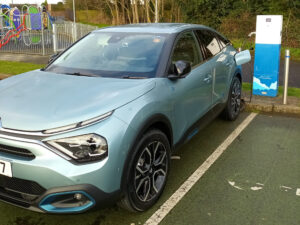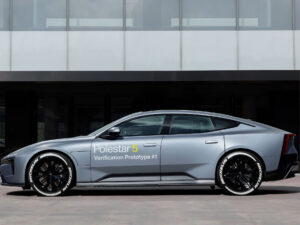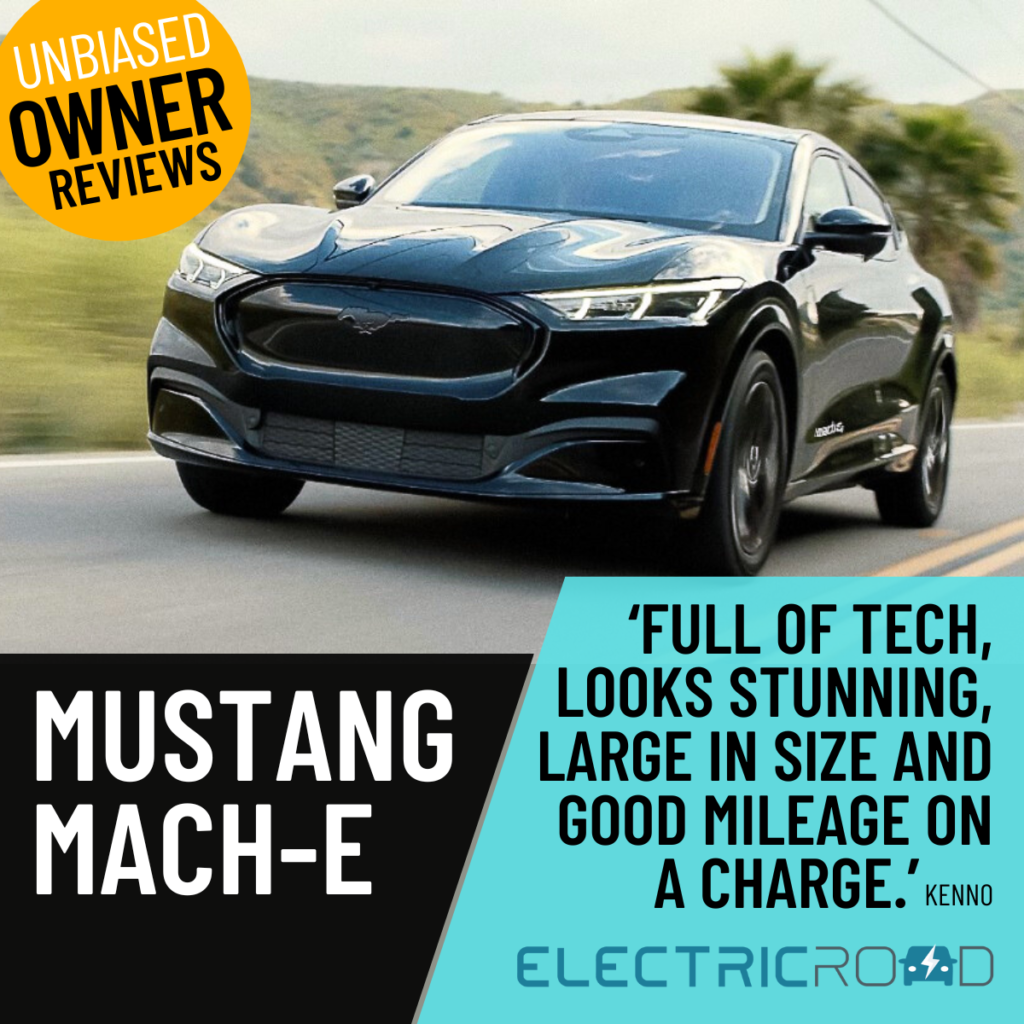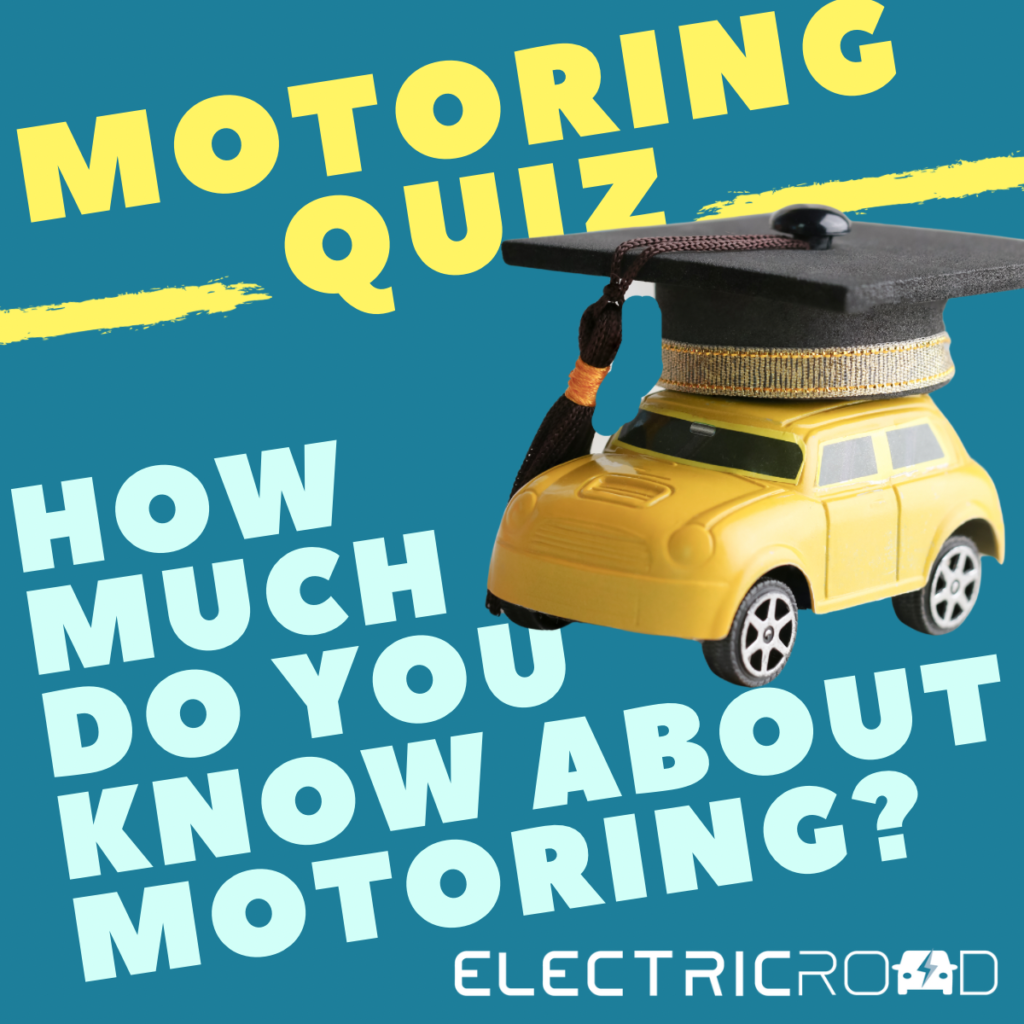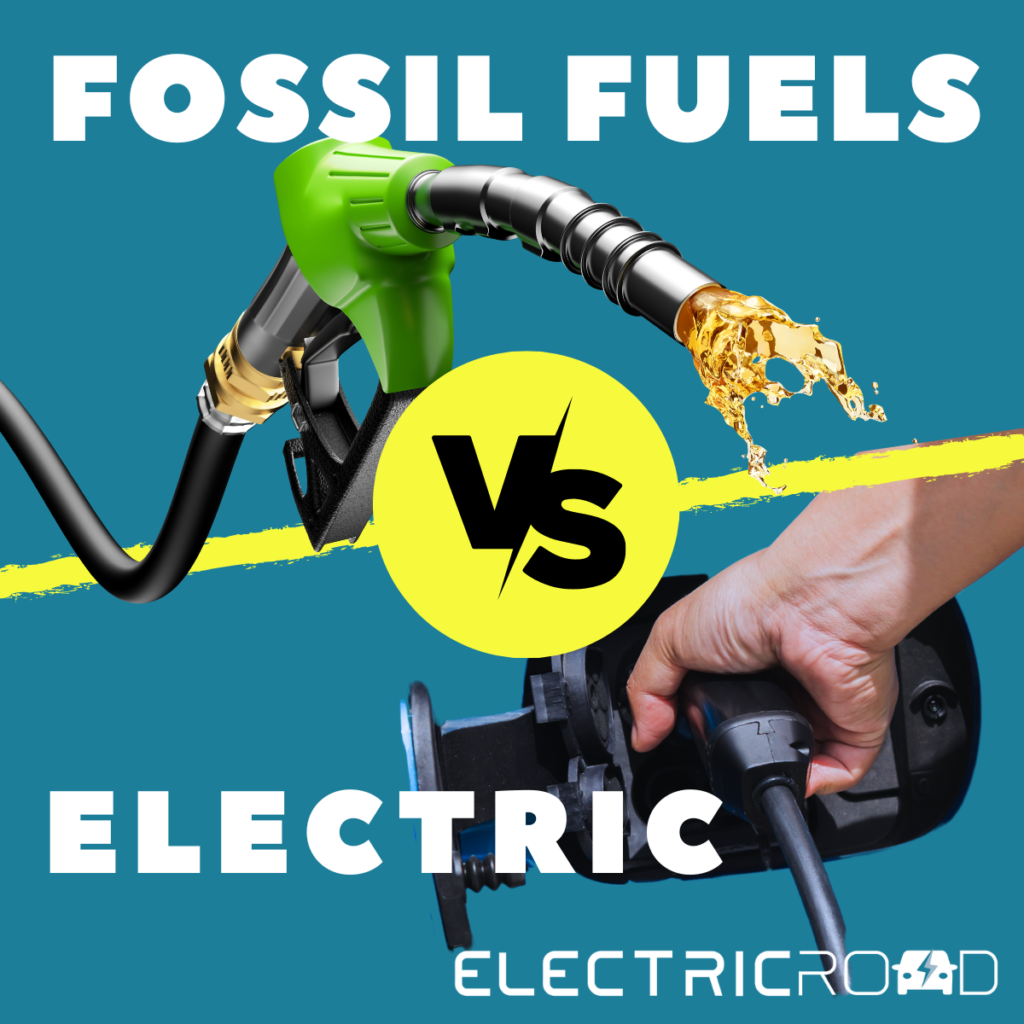Studying the current electricity tariff pricing structure, Smart Home Charge has found that those charging their EVs at home could be saving approximately £15 per charge and nearly £600 annually just by switching to a more economical energy tariff.
The data was compiled by Smart Home Charge’s EV Energy Tariff Comparison tool, which compares the most and least cost-effective energy tariffs for a range of EV makes and models via its website.
Known as one of the UK’s leading home charging retailers and installers, Smart Home Charge’s free-to-use EV Energy Tariff Comparison tool calculated the cost of charging the top three best-selling EVs sold in the UK during 2021*, using energy prices from October 2022. Results found that charging during off-peak periods i.e. at night could save EV owners around £15 per charge and circa £600 annually.
Sign-up to Electric Road now to receive a FREE ‘Guide to the Best Electric Cars’, a weekly Newsletter and to win some great prizes!
| Model | Exact model noted on
Tariff Comparison tool |
Most competitive EV friendly tariff
Intelligent Octopus Standing charge: 42.86p / day Peak rate: 43.37p / kWh Off peak rate: 10p / kWh |
Average UK electricity unit price***
34p/kWh |
Cost savings |
| Tesla Model 3 | Tesla Model 3 Performance | £5.30 single charge | £18.02 single charge | £12.72 saving single charge |
| Kia e-Niro | Kia e-Niro 4+ 64kWh | £6.80 single charge | £23.12 single charge | £16.32 saving single charge |
| Volkswagen ID.3 | Volkswagen ID.3 Pro Performance | £4.80 single charge | £16.32 single charge | £11.52 saving single charge |
For those looking at annual savings, based on 10,400 miles per annum (200 miles per week), the yearly savings per model can be seen in the table below.
| Model | Exact model noted on
Tariff Comparison tool |
Most competitive EV friendly tariff
Intelligent Octopus Standing charge: 42.86p / day Peak rate: 43.37p / kWh Off peak rate: 10p / kWh |
Average UK electricity unit price
34p/kWh |
Cost savings |
| Tesla Model 3 | Tesla Model 3 Performance | £198 per year | £674 per year | £476 saving per year |
| Kia e-Niro | Kia e-Niro 4+ 64kWh | £245 per year | £835 per year | £590 saving per year |
| Volkswagen ID.3 | Volkswagen ID.3 Pro Performance | £228 per year | £775 per year | £547 saving per year |
Endorsing the reasoning for EV owners that use home charging solutions to look carefully at their current tariffs and look for a more competitive rate is shown in an earlier Smart Home Charge study (March 2022). The research showed 46 per cent of all respondents used a standard electricity rate for their home charging needs rather than a cheaper off-peak or eco rate. Combined with the Society of Motor Manufacturers and Traders confirming that the 1,000,000th EV was registered in the UK in October 2022**, this shows the potential cost savings for those equipped with EV chargers at home.
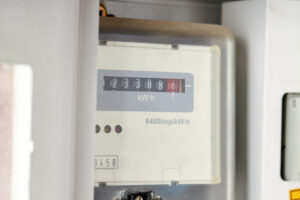
Also highlighted within the earlier study, around 43 per cent of those surveyed admitted they don’t use time scheduling to charge their vehicles at specific times when electricity is cheaper. These off-peak periods are typically overnight, which could be fulfilled by swapping to what Smart Home Charge lists as its most competitive tariff****, Intelligent Octopus, currently the cheapest off-peak rate with the most off-peak hours (23.30 – 05.30).
Danny Morgan, Editor and Marketing Manager at Smart Home Charge said: “At a time when the UK is carefully considering pairing back on expenses and looking at savings, we’re glad to be of assistance with highlighting savings EV owners that charge at home can recoup. And not only this, it doesn’t just benefit owners for EV charging, but also for the rest of the household. For example, EV drivers can save on their overall home energy costs by delaying their washing machine, dishwasher and other household appliances to operate during the same off-peak period, like they can for EV charging.
![]() “With up to £20 per charge saved just by charging off-peak and switching to a better energy tariff through our Smart Home Charge EV Energy Tariff Comparison tool, making that around £600 annually, our advice for EV owners continues to be: find an energy tariff designed for electric car charging at home, helping them to further reduce the running costs of their EV.
“With up to £20 per charge saved just by charging off-peak and switching to a better energy tariff through our Smart Home Charge EV Energy Tariff Comparison tool, making that around £600 annually, our advice for EV owners continues to be: find an energy tariff designed for electric car charging at home, helping them to further reduce the running costs of their EV.
“For those consumers who are worried that they cannot switch because there aren’t any better deals or feel like they’re not accepting new customers, there are options. EV drivers are the exception to this with some retailers like Octopus Energy accepting EV drivers as new customers on their EV friendly tariffs, like Intelligent Octopus, so long as they qualify (by having an EV).”
Smart Home Charge’s EV Energy Tariff Comparison tool is designed to help drivers compare home charging costs and find the best electricity tariff for them and their EVs. https://www.smarthomecharge.co.uk/guides/energy-tariffs-how-to-keep-ev-charging-costs-low
Notes:
**** Data from tables at time of writing, 28 October 2022.



